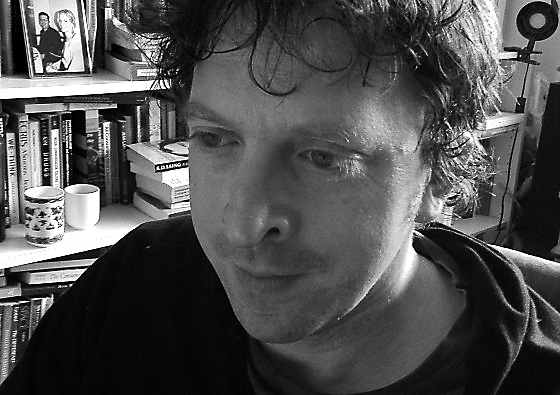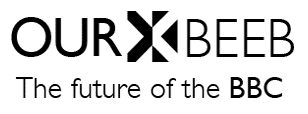Introduce democracy and an elected Director-General
by Jeremy Gilbert

credit: Clandestino Festival
The BBC’s patrician governance model is inappropriate and indefensible in the 21st century. They know it. We know it. The BBC’s enemies know it, and will use it against them with lethal effect if they can. The solution which those enemies will continue to offer is creeping roll-back of public-service broadcasting in favour of the sham-democracy of the market. The only effective response to this, in the long-run, can be to resist that sham with real democracy.
The Director-General should be directly elected, albeit with a long enough term of office to make proper planning possible. The Trust should be replaced by a federated democratic government. The corporation should use techniques such as Dan Hind’s public commissioning model to actually open out and democratise the editorial process itself.
Absolutely none of this democratisation need come at the expense of the BBC’s artistic integrity, experimental courage, public-minded seriousness or widespread popularity. Only the crassest, most hidebound elitist could still really believe that giving its audiences ownership over its processes could do anything but strengthen the content of the BBC’s output.
This isn’t utopianism. In the age of YouTube, it is the only way for a public-service broadcaster on the scale of the BBC to retain the popular legitimacy that it needs.
Jeremy Gilbert (@jemgilbert) is Professor of Cultural and Political Theory at the University of East London
Why vote? We will feed in readers' favourite ideas to the government's consultation on the future of the BBC, and profile them heavily in the media. We believe the debate over the BBC's future is too narrow and focused on cuts - it's missing strong, positive ideas about what public broadcasting can and should be. By voting, you can have your say on what those ideas should be - and if you've got your own, share them with us→



